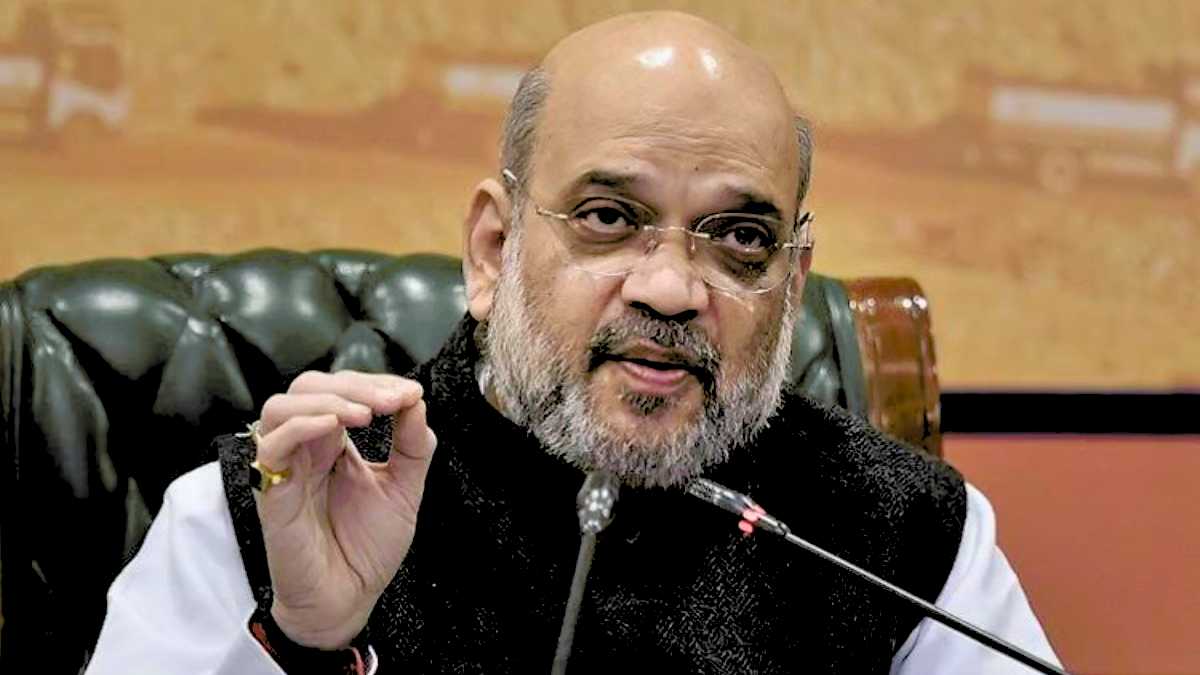Union Home Minister Amit Shah’s recent promise to lift the Armed Forces Special Powers Act (AFSPA) from Kashmir has sparked significant interest and debate in India’s counter-insurgency strategy. This move, if implemented, could mark a pivotal shift in how India handles insurgencies.
For decades, leaders in insurgency-affected regions have called for the repeal of AFSPA, and now, with the Act already lifted in parts of the Northeast, the government’s intention to do the same in Kashmir is seen as a bold and potentially transformative decision.
Amit Shah’s announcement has raised hopes for a more nuanced and effective approach to dealing with insurgencies in the region. By considering the removal of AFSPA, the government is signaling a willingness to explore alternative methods that prioritize peace-building and conflict resolution.
This move is viewed as a significant step towards addressing the complex socio-political dynamics in Kashmir and fostering a more inclusive and sustainable peace process.
The potential withdrawal of AFSPA from Kashmir is seen as a game-changer that could redefine India’s counter-insurgency doctrine. It reflects a shift towards a more people-centric approach that aims to balance security concerns with respect for human rights and civil liberties.
As discussions and deliberations unfold around this promise, stakeholders are closely monitoring the developments and implications of this decision on the region’s security scene and the broader national security strategy.
Amit Shah’s commitment to revisiting the application of AFSPA in Kashmir underscores the government’s commitment to adapt and evolve its counter-insurgency tactics in line with changing realities and aspirations for lasting peace and stability in the region.


